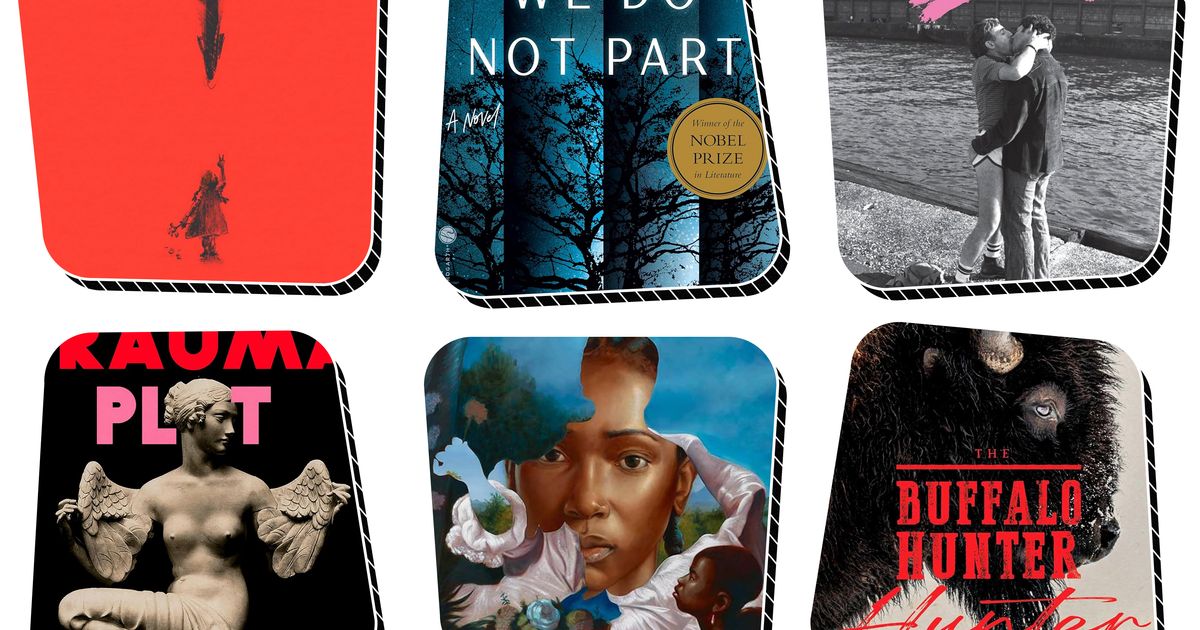
"Jamie Hood follows up her debut, How to Be a Good Girl, with Trauma Plot, a hybrid of memoir and criticism that deftly excavates how we talk about trauma."
"Hood writes about her personal life from an evocative remove, detailing 'Jamie's' experience of trauma, rather than relying entirely on the first person."
"Her work recalls other great writers of the self, like Annie Ernaux and Sylvia Plath, and the critical eye Hood brings to the stories we tell about trauma reveals the power and limits of personal narrative."
"In Trauma Plot, Hood articulates her intensifying boredom with an older fling in ruthless, unflappable clarity; the next, she brings the reader inside the lonely humiliation of screaming in public after a groping."
The early part of the year has seen an influx of notable nonfiction titles. Among these, Jamie Hood's Trauma Plot emerges as a significant work, blending memoir and criticism to explore the complexities of trauma narratives. Hood's style evokes a sense of distance while recounting personal experiences, challenging traditional storytelling methods, particularly around sexual violence. Other notable publications include a previously untranslatable South Korean novel and a vibrant collection that builds on last year's fiction. March also saw the release of a unique vampire tale, garnering high praise.
Read at Vulture
Unable to calculate read time
Collection
[
|
...
]